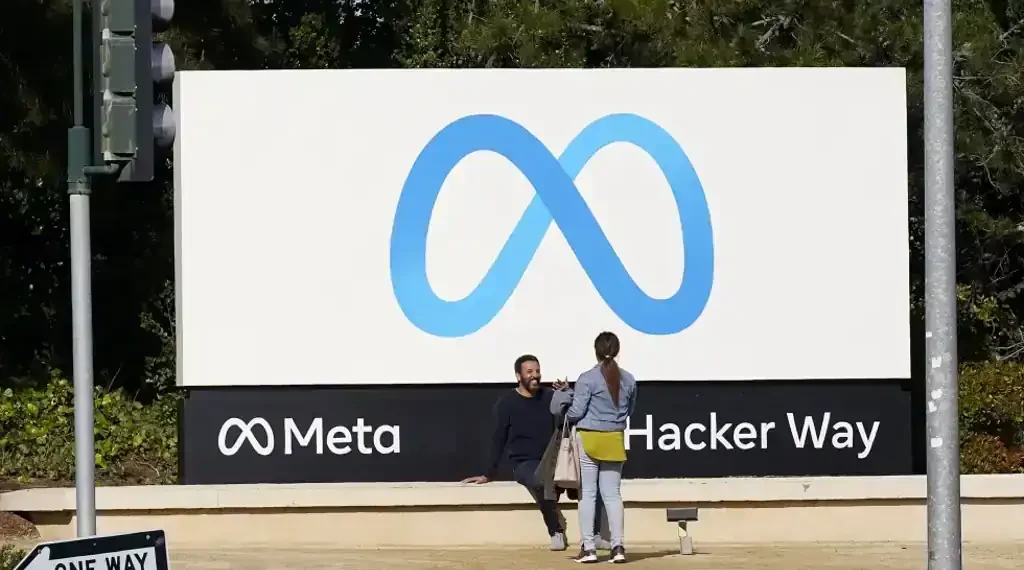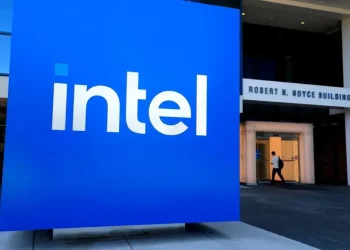Meta’s $10B Louisiana Data Center Triggers $3B Power Expansion Amid Public Cost Concerns
Published: September 25, 2025, 16:00 EDT
Meta is constructing one of the world’s largest data centers in rural Louisiana, a $10 billion project that will span 70 football fields and consume more power daily than the city of New Orleans during peak summer demand. While the facility promises jobs and infrastructure investment, it also requires more than $3 billion in new electricity infrastructure, raising concerns about how much of the cost will fall on the public.
Consumer advocates warn that confidentiality agreements and rushed approvals have limited transparency, leaving many unanswered questions about Meta’s financial obligations and the long-term risks for ratepayers.
Meta’s Expansive Project and Energy Needs
Located in Richland Parish, a farming community of about 20,000 residents, the data center is among the largest private developments in Louisiana’s history. The facility’s energy demand is staggering, requiring power comparable to nearly one-fifth of Entergy Louisiana’s current statewide supply.
Under its agreement with Meta, Entergy is constructing three new gas-fired power plants that will generate 2,262 megawatts of electricity. The Louisiana Public Service Commission approved the plan in August after Entergy pledged to adopt safeguards intended to shield residents from higher utility bills.
However, the details of Meta’s contract with Entergy remain under wraps due to nondisclosure agreements, leaving watchdogs skeptical of how much financial responsibility the company will bear.
Limited Transparency and Regulatory Challenges
Consumer advocates sought greater accountability during the approval process, attempting to compel Meta to provide sworn testimony, submit to discovery, and answer cross-examination. Those efforts failed, and while regulators reviewed the company’s contract with Entergy, they were barred from disclosing details to the public.
Meta has declined to address questions from reporters about the level of transparency, while Louisiana’s Department of Economic Development and Entergy argue that nondisclosure agreements are standard practice to protect sensitive commercial data.
Critics, however, remain unconvinced. “You can’t follow the facts, you can’t follow the benefits or the negative impacts that could come to the service area or to the community,” said Mandy DeRoche, an attorney with Earthjustice, an environmental advocacy group.
Concerns Over Long-Term Costs
Public Service Commissioner Davante Lewis, the sole dissenting vote against the project, expressed frustration over unanswered questions. “There’s certain information we should know and need to know but don’t have,” Lewis said. He remains uncertain about the facility’s total energy use, the economic efficiency of the gas-powered plants, and whether the project will deliver the promised 500 jobs.
In addition to the secrecy surrounding costs, Meta will not pay sales tax under a 2024 Louisiana law. State officials acknowledge this exemption could cost Louisiana tens of millions of dollars annually in lost revenue.
According to consumer advocate Logan Burke of the Alliance for Affordable Energy, Meta has agreed to fund roughly half the construction costs for the power plants over a 15-year period, including cost overruns. However, the company will not cover ongoing maintenance and operations, which could leave utility customers carrying future expenses.
Other risks remain: if Meta were to exit the contract early, the public could be responsible for covering the remainder of the plants’ 30-year lifespan. In addition, all grid users will help pay for a $550 million transmission line built to serve the facility.
Ari Peskoe, director of Harvard University’s Electricity Law Initiative, said the arrangement highlights the imbalance between private benefit and public risk. “Tech companies should be required to pay every penny so the public is not left holding the bag,” Peskoe said.
How Other States Are Responding
Louisiana’s approach contrasts with policies in several other states where regulators are moving to protect consumers from data center-driven energy costs.
-
Pennsylvania is drafting a model rate structure designed to insulate households and businesses from higher utility bills tied to data centers.
-
New Jersey regulators are studying whether data centers create “unreasonable” cost burdens for other customers.
-
Oregon passed legislation requiring utilities to adopt new rates, likely higher, specifically for data centers.
-
Texas implemented a “kill switch” law in June that allows grid operators to order data centers to reduce power consumption during emergencies.
By comparison, Louisiana has been slower to adopt similar measures, though officials maintain that safeguards exist to protect consumers. Critics argue the state has not gone far enough.
Local Reactions: Opportunity and Anxiety
For Richland Parish residents, the Meta project represents both promise and disruption. Many welcome the potential boost in local tax revenues, school funding, and health care resources. Meta has also pledged $200 million for water and road infrastructure in the parish and says it will invest in 1,500 megawatts of renewable energy in Louisiana.
Some business owners are already benefiting. “We don’t come from a wealthy parish and the money is much needed,” said drywall company owner Trae Banks, whose business has tripled in size since Meta began construction.
Others remain cautious. Mayor Jesse Washington of nearby Delhi, a town of 2,600, acknowledged the long-term benefits but noted current challenges. Residents are grappling with traffic congestion, soaring property prices, and displacement as developers build housing for thousands of construction workers. More than a dozen low-income families were evicted from a local trailer park to make way for new housing aimed at Meta’s workforce.
“We have a lot of concerned people — they’ve put hardship on a lot of people in certain areas here,” Washington said. “I just want to see people from Delhi benefit from this.”
Balancing Growth with Accountability
The Meta project underscores the complexities of balancing economic development with consumer protection. While state officials emphasize safeguards, advocates argue that opaque contracts and exemptions may leave ratepayers exposed to long-term financial risks.
As the facility nears completion, questions remain about whether Louisiana’s energy policies adequately protect residents, or whether the costs of powering one of the world’s largest data centers will ultimately fall on the people least able to afford them.
This article was rewritten by JournosNews.com based on verified reporting from trusted sources. The content has been independently reviewed, fact-checked, and edited for accuracy, neutrality, tone, and global readability in accordance with Google News and AdSense standards.
All opinions, quotes, or statements from contributors, experts, or sourced organizations do not necessarily reflect the views of JournosNews.com. JournosNews.com maintains full editorial independence from any external funders, sponsors, or organizations.
Stay informed with JournosNews.com — your trusted source for verified global reporting and in-depth analysis. Follow us on Google News, BlueSky, and X for real-time updates.














